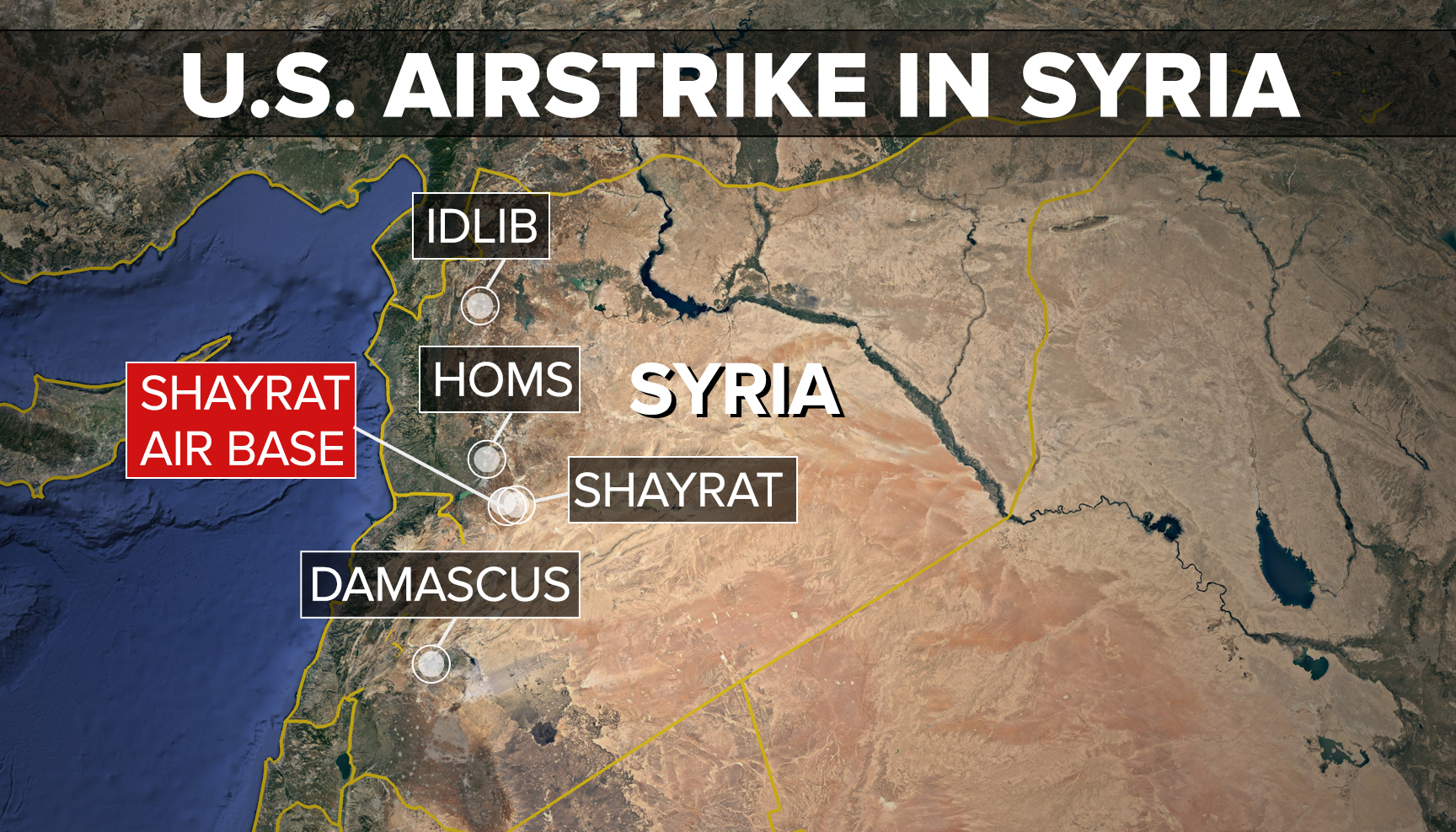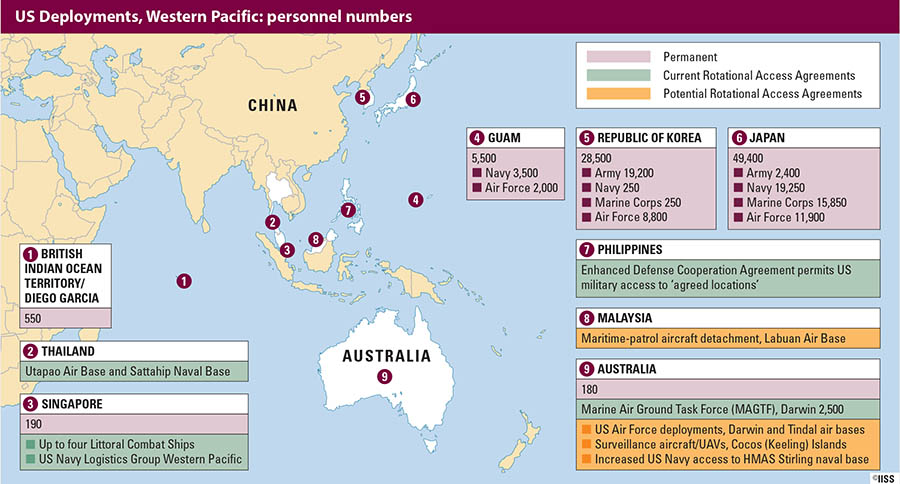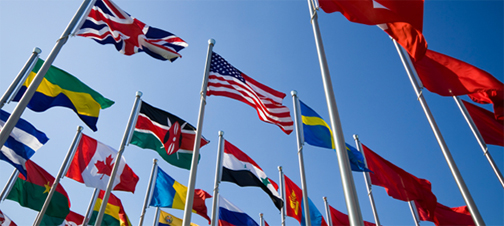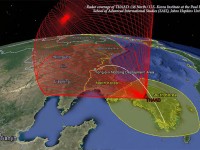
He Wenping, Senior Research Fellow, Charhar Institute and West Asia and Africa Studies Institute of the China Academy of Social Sciences
Apr 19, 2017
Either scenario is possible, depending on what investigators discover about who was really responsible for the gas attack. Whatever the outcome, big-power cooperation against terrorism has been weakened, and IS terrorists likely were the only ones who were actually cheering amid the explosions of Tomahawk cruise missiles.
Chen Xiangmiao, Assistant Research Fellow, China National Institute for South China Sea Studies
Apr 10, 2017
Some ASEAN countries efforts to woo Tokyo because of their suspicions about China’s strategic goals, thus creating an opportunity for Japan to enhance its presence in the region. But the real problem is Japan itself, and China and ASEAN countries should take anticipatory measures to protect the hard-earned détente in the region.
Chen Xiangmiao, Assistant Research Fellow, China National Institute for South China Sea Studies
Apr 10, 2017
China and ASEAN countries should focus on implementing a dual-track approach and formulating a code of conduct for the sea, as well as establish mechanisms for maritime situations and to build mutual trust. If the US and China are truly committed to a new type of big-country relationship, they will find facilitating this approach to be in their mutual interest.
Yun Sun, Director of the China Program and Co-director of the East Asia Program, Stimson Center
Mar 07, 2017
Different from the earlier narrative that China was free-riding from U.S. war efforts in Afghanistan, more recent developments have focused on China’s expanding political involvement, deepening security ties, and economic investments in Afghanistan. However, the description of China as the largest, and potentially, the most influential player in Afghanistan is misleading.
Wu Sike, Member on Foreign Affairs Committee, CPPCC
Dec 14, 2016
War displaces people and breeds refugee crises. For the Middle East, which has long been plagued by continuing violence and conflicts, it is urgent to end the wars and safeguard the peace. China-US cooperation can play an important role to facilitate post-war reconstruction and create a survivable environment for local residents, so that violence and conflict will not occur again.
Richard Javad Heydarian, Professorial Chairholder in Geopolitics, Polytechnic University of the Philippines
Dec 05, 2016
Without a question, it is still too early to predict the exact trajectory of Trump’s actual policy in office, given his penchant for policy equivocation and tendency for self-contradiction. Deals like the TTP now hang up in the air. There are also opportunities for China in the new administration. Doubts over Trump’s temperament, judgment, experience, and commitment to the global order could encourage a growing number of Asian nations to reconsider their relations with Washington in favor of Beijing. The Trump administration faces an uphill battle to reassure allies in the region that America will continue to preserve and provide public international goods in the region, stand strong with its allies, and deepen its economic engagement with Asia.

Franz-Stefan Gady, Associate Editor, Diplomat
Nov 17, 2016
Donald Trump’s ascension to the presidency in 2017 will also make him the new commander-in-chief of the United States Armed Forces, with a large say over the question of war and peace in the next four years. While some see his strongman style as reminiscent of Theodore Roosevelt’s Gunboat Diplomacy, there are too many known unknowns about Trump’s defense policies to predict how he would react in the event of war or a perceived threat.

David Shorr, a strategic thinker and veteran program manager
Oct 13, 2016
American foreign policy debates tend to focus disproportionally on the Middle East. To correct this tendency, the Obama administration’s adopted the so-called pivot to Asia (aka “rebalancing”): to refocus U.S. policy in proper proportion to the full range of the nation’s challenges and interests. Indeed, this broader perspective on today’s interconnected world and diligent approach to building the necessary coalitions, are the main elements that distinguish Barack Obama and Hillary Clinton’s pragmatic approach from the Republicans’ bullheaded approach.
He Wenping, Senior Research Fellow, Charhar Institute and West Asia and Africa Studies Institute of the China Academy of Social Sciences
Oct 28, 2016
Both Russian and the West have lost face in this typical lose-lose situation. Moscow and Washington need to rebuild trust, reactivate the process of political resolution and produce a single draft resolution based on full consultation and the most expansive common ground among all parties.

Yang Xiyu, Senior Fellow, China Institute of Int'l Studies
Aug 18, 2016
No matter how the wrangling over THAAD evolves, it will ignite strategic gaming as well as new and high military technology competition among major powers. Pentagon planners may be rejoicing over the ROK decision to embrace the American project, but the US will have no control over the reaction to the deployment.
Back to Top

- China-US Focus builds trust and understanding between the U.S. and China through open dialogue among thought leaders.
- Our Offerings
- Topics
- Videos
- Podcasts
- Columnists
- Research Reports
- Focus Digest
- Stay Connected
-
Thanks for signing up!
- Get the latest stories from China-US Focus weekly.